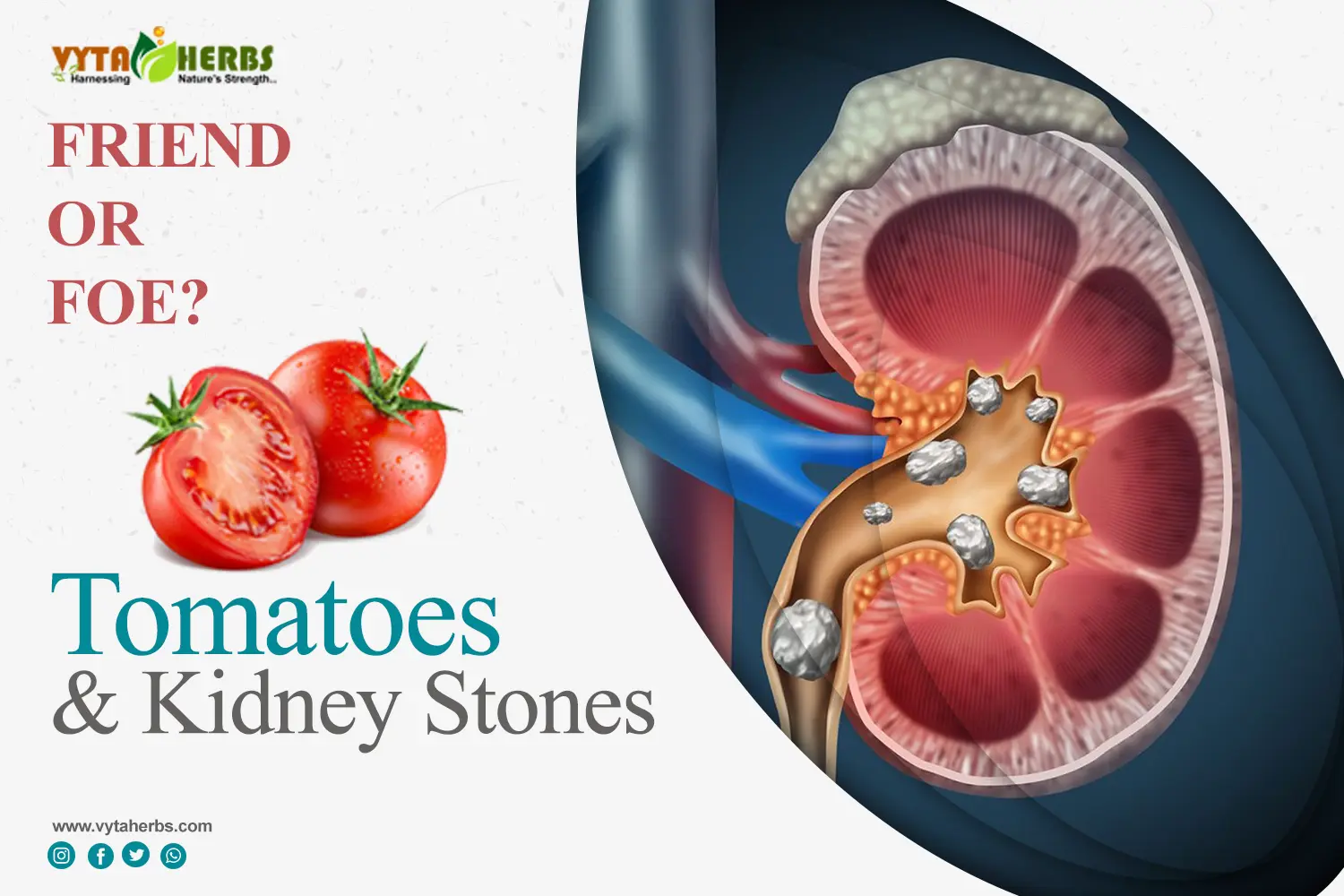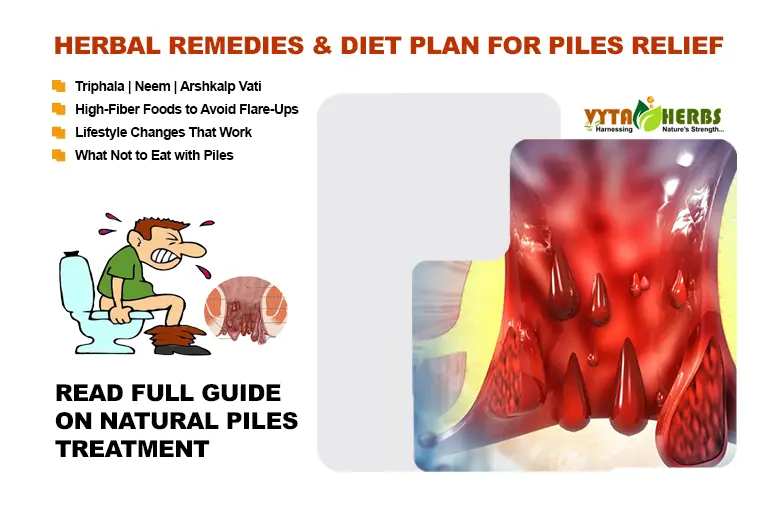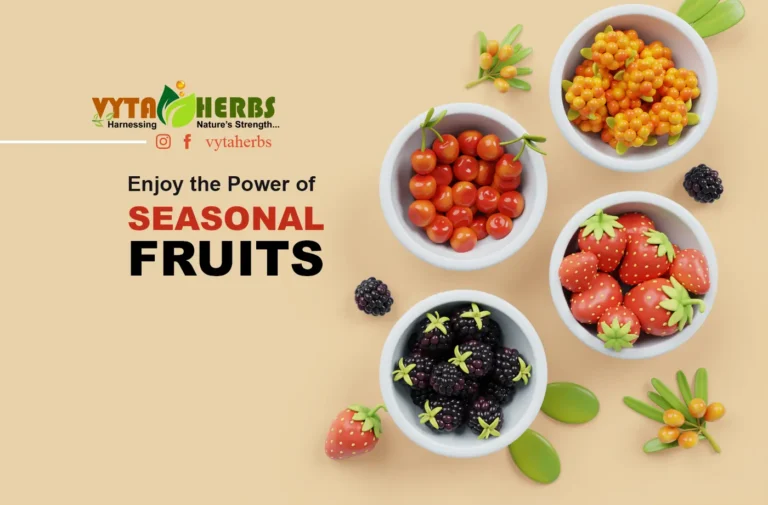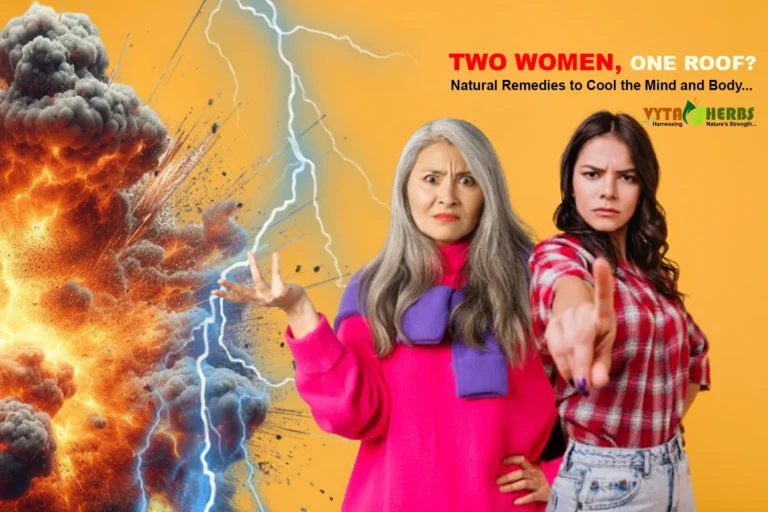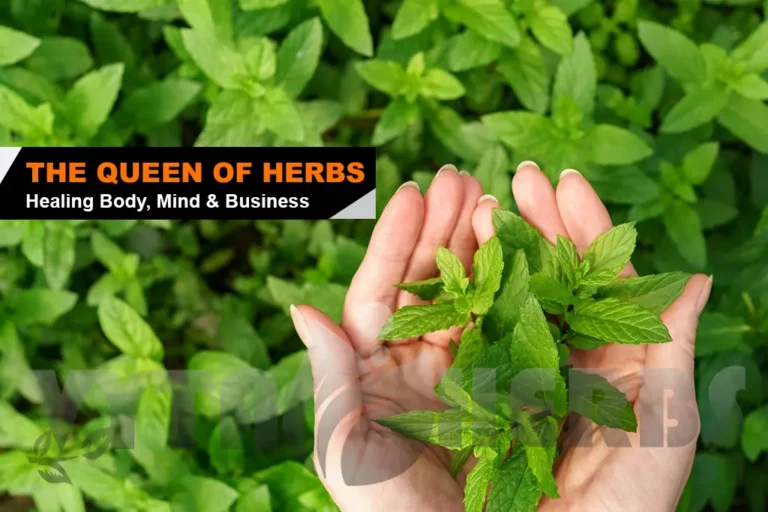If you’ve ever had a kidney stone, you know it’s not something you’d wish on anyone. The sharp pain, the urgency, and the lifestyle changes that follow—it’s a wake-up call for most. One question that often pops up in kidney stone diet discussions is: “Are tomatoes bad for kidney stones?”
Let’s dive deep and clear the confusion.
What Are Kidney Stones, Really?
Kidney stones are hard mineral deposits that form inside your kidneys. They’re usually made of calcium oxalate, uric acid, or other compounds. When these substances accumulate in the urine and don’t flush out properly, they crystallize—causing intense discomfort and, sometimes, severe health issues.
The Tomato Talk: Do They Really Cause Kidney Stones?
Tomatoes are often labeled as oxalate-rich foods, which makes many stone-formers cautious. But here’s the truth:
- Tomatoes have moderate oxalate content — about 5-10 mg per 100 grams.
- The real concern lies in the seeds and skins, which contain most of the oxalates.
So, are tomatoes harmful? Not exactly. But they can be risky in excess, especially if you’re prone to calcium oxalate stones.
Tomatoes and Oxalates: What Science Says
Most kidney stones are calcium oxalate stones, and high oxalate intake can increase your risk. But oxalates alone aren’t the enemy—it’s about imbalance.
If your body doesn’t get enough calcium or hydration, oxalates in your diet (including from tomatoes) can bind with calcium and form stones.
Can You Eat Tomatoes with Kidney Stones? Yes, But…
Here are smart ways to enjoy tomatoes without increasing your kidney stone risk:
- Remove the seeds – That’s where oxalates are concentrated.
- Limit raw tomato intake – Especially if you eat them frequently.
- Cook them lightly – Cooking may help reduce oxalate activity.
- Stay hydrated – Water dilutes the stone-forming substances.
- Balance your diet with calcium-rich foods – So oxalates bind in the gut, not the kidneys.
High-Risk Foods to Watch Alongside Tomatoes
If you’re worried about kidney stones, tomatoes aren’t the biggest villain. These foods have much higher oxalate levels:
- Spinach
- Beets
- Nuts (especially almonds)
- Chocolate
- Sweet potatoes
- Tea (black tea especially)
Tip: It’s not about eliminating these foods—it’s about balance and awareness.
Natural Remedies to Prevent Kidney Stones
If you’ve had stones before or want to prevent them, consider these natural approaches:
- Drink lemon water: The citric acid helps break down stones.
- Use herbal tonics: Ingredients like Punarnava, Gokshura, and Varuna are known to support kidney health.
- Ayurvedic blends like the ones from Vyta Herbs are formulated to support urinary tract health and prevent stone formation.
- Maintain a low-sodium diet: Excess salt causes calcium to be excreted in urine.
Conclusion: Should You Avoid Tomatoes If You Have Kidney Stones?
Not necessarily. Tomatoes are not the enemy, but they do need to be consumed mindfully. If you’ve had kidney stones before, removing seeds and keeping your intake moderate is a smart move. More importantly, focus on hydration, calcium balance, and overall oxalate intake from all sources.

